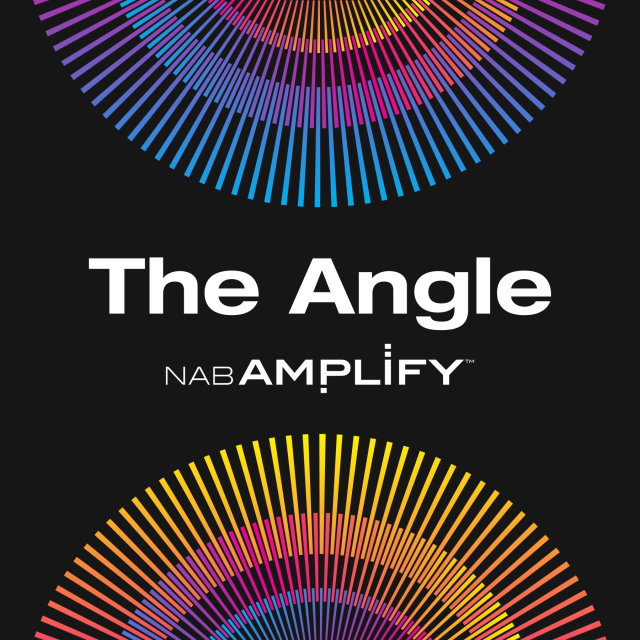
Both generative AI and user-generated content are revolutionizing the creator economy, increasing personalization and blurring the lines between human creativity and machine innovation.
With platforms like YouTube and Netflix embracing this shift, the future of storytelling is set to be dominated by content that’s either crafted by individuals or generated by advanced algorithms.
This transformation signals a new era in digital media, where the vast majority of content could soon be a seamless mix of AI-driven and user-generated creations.
An episode of the Virtually Everything! podcast delves into this phenomenon as Peter Bittner, founder and CEO of “The Upgrade: A Guide to Generative AI for the Professional Storyteller,” sits down with host Peter Frelik to explore how generative AI is transforming the content creator economy by introducing new methods for content credentialing and personalization, challenging traditional storytelling paradigms, and raising questions about data integrity and ownership.
The rise of digital streaming marks a significant shift in Media & Entertainment, as Frelik observed at the recent annual TV upfronts, where he found that the flashiest presentations came not from legacy broadcast media, but from Amazon, Netflix and YouTube.
“It got me thinking about YouTube,” he says. “This is the year that reports reveal that YouTube has a very large chunk of how people watch things nowadays, and that user-generated content is so ingrained in people’s viewing habits that those same legacy companies are beginning to strategize on how to pivot to a feature that has most of their content be user-generated.”
This new paradigm means that the gatekeepers have changed as well, unlocking opportunities for millions of individual creators, notes Bittner, an award-winning multimedia journalist who is also a Fulbright scholar and a UC Berkeley Lecturer in new media.
But perhaps even more important, as user-generated content begins to dominate the entertainment landscape, a new challenge emerges: ensuring the authenticity and ownership of the vast amounts of content generated and shared online.
Content credentialing isn’t a new idea, and companies like Adobe have poured resources into convincing their customer base that their creative content is safe. But the reality is more complex. “As creators of any type, all of our data has been likely scraped without our consent or knowledge by one AI model or another,” Bittner points out.
“Adobe,” he allows, “has done a pretty good job in that they’ve actually at least acknowledged that, ‘Hey, you know, we have used our, you know, Adobe Stock image files and images to train our own models for image generation, and we are actually going to pay you guys to do that.’”
By developing content credentials, the graphics software company aims to create a transparent process where creators can claim ownership and receive proper compensation for their contributions. This approach, Bittner asserts, is crucial in maintaining the balance between leveraging AI technology and protecting the rights of individual creators.
“The wrong way to go about it,” he maintains, “is something like DALL-E or Midjourney… or another image generator that spits out some of these images with the Getty Images watermark on them, because they’ve sucked up so many of these proprietary, protected and copyrighted images from other sources.”
Media companies, Bittner says, are developing what he calls meter-based function for selling content. “I think we’re going to have an entirely different sort of API,” he predicts, describing OpenAI’s recent deal with Politico and Business Insider parent company Axel Springer, which employs an evolving two-tiered system for news media integration into ChatGPT that places a higher premium on more recent content versus archive content.
However, there’s another, more decentralized approach to content credentialing, and it could even be user-generated. Bittner envisions a future where creators can leverage new marketplaces and technologies to protect and monetize their content.
“There’s something probably that’s going to shift a bit as the AI ecosystem evolves to connect with real people again and make that central to this entire creator economy,” he suggests.
You might ask how that will work out. “I think there probably will be premiums paid for access to creators,” Bittner predicts. “Digital Access… that’s somehow staked right on the blockchain as actually verifiable content from them that was not from a knockoff or recreation. This is the real thing. So they’re going to be more premium.
“Think layers and offers for content creators in this ecosystem, but they’re going to have to get creative? There’s no one coming to save you, right? You have to get creative. You have to start building these types of innovative solutions and brainstorming and banding together.”

Why subscribe to The Angle?
Exclusive Insights: Get editorial roundups of the cutting-edge content that matters most.
Behind-the-Scenes Access: Peek behind the curtain with in-depth Q&As featuring industry experts and thought leaders.
Unparalleled Access: NAB Amplify is your digital hub for technology, trends, and insights unavailable anywhere else.
Join a community of professionals who are as passionate about the future of film, television, and digital storytelling as you are. Subscribe to The Angle today!


